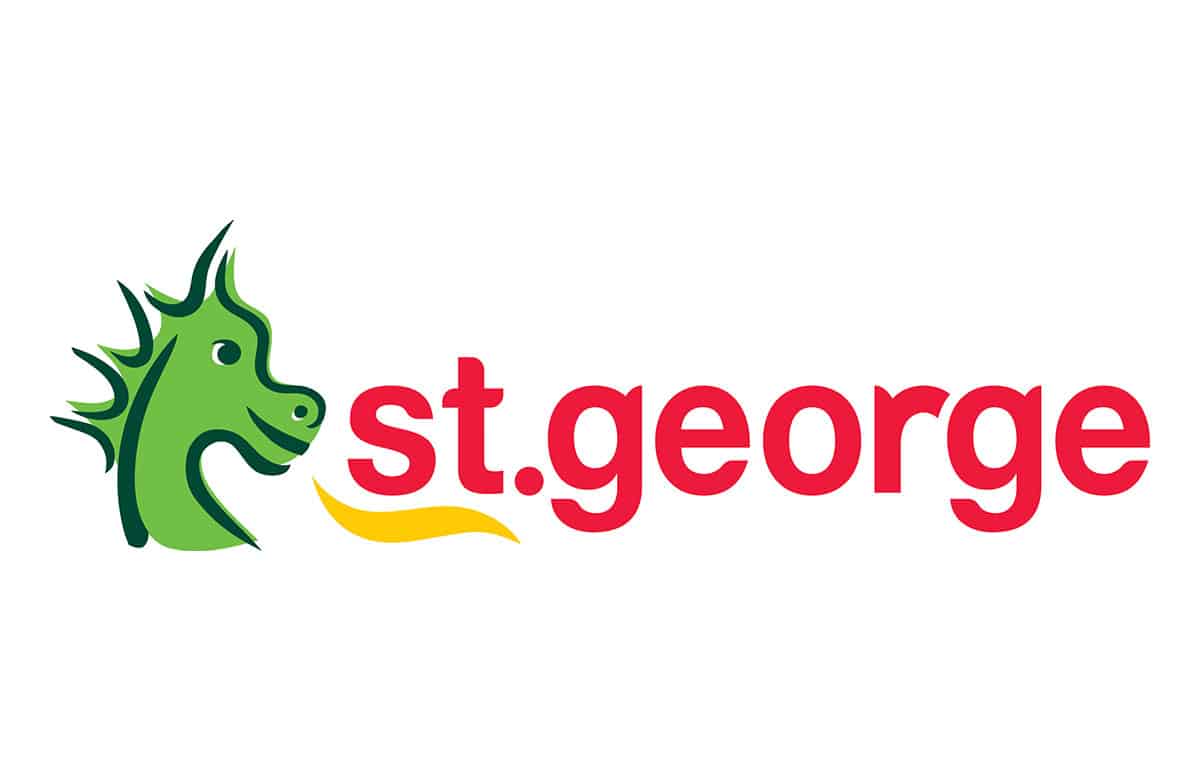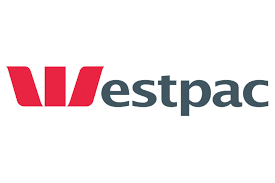There are several different types of trust in Australia, all set up for specific purposes. Each trustee will need to decide which type of bank account is the most suitable for the particular trust fund being managed. The most common types of trust in Australia are:
Family trusts
These are discretionary trusts used to hold family assets or run a family business. They’re called ‘discretionary trusts’ because the trustee can decide how much money each of the beneficiaries receives, meaning fund distribution is at the discretion of the trustee. Family trust bank accounts are the most common form of trust bank account in Australia and can be either transaction or savings accounts.
Testamentary trusts
These are trusts set up under the terms of a deceased person’s will, which hold funds for a named beneficiary, and are valid for up to 80 years. For example, if a parent dies whilst their children are still young, a testamentary trust may be set up to hold the children’s inheritance in trust for them until they come of age.
Superannuation proceeds trust
When a person dies, that person’s remaining superannuation is paid to the beneficiaries who they nominated to receive their death benefit (which is the remainder of their superannuation). This death benefit may be placed in a superannuation proceeds trust with a named beneficiary. This can protect the super funds in several circumstances, such as:
- the named beneficiary is still a minor and too young to manage their own affairs
- to protect the funds from other claimants – such as a creditor, who is looking to claim funds from the deceased person’s estate
- to protect the funds from other third parties or relatives who wish to gain access to the money to the detriment of the named beneficiary
Disability trusts
A special disability trust (SDT) can be set up to provide for the needs of a person who is severely disabled and unable to care for themselves. For example, if a seriously injured person receives compensation after a life-changing accident, that compensation may be placed in a SDT to care for the victim’s physical and medical needs.
Fixed trusts, or fixed unit trusts
These are trusts where the beneficiaries receive payment either at a fixed rate or in a fixed proportion depending on how fund distribution is described in the trust deeds. For example, in a fixed housing trust, all property owners could receive equal benefits. In a fixed unit trust, beneficiaries receive a set proportion of benefits depending on how many unit trusts they own or purchase.
Charitable trusts
These may be established to support a particular charity or organisation, with the interest earned given to various related beneficiaries each year. For example, a Country Fire Service Charitable Trust may distribute the interest earned on the principal sum to a different CFS station each year, ensuring that all stations receive money on a rotating basis.













